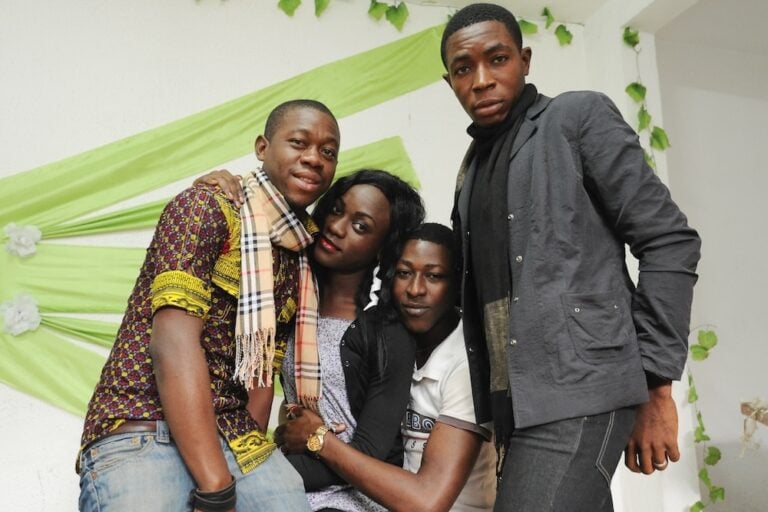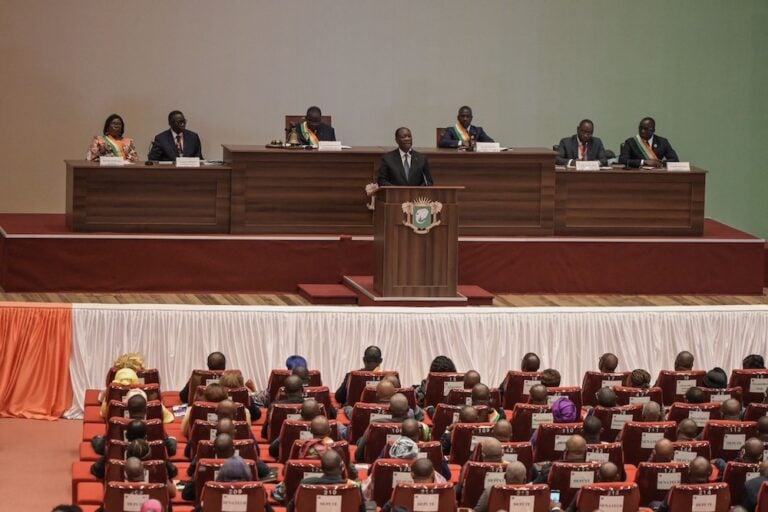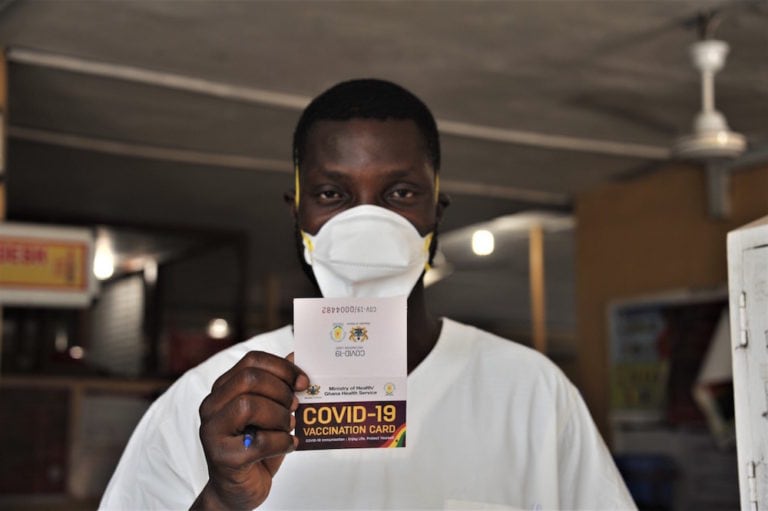The Gbagbo-controlled broadcast regulator announced the ban shortly after the 28 November 2010 presidential run-off, saying the move was intended to "maintain social peace that (had) been badly shaken."
(MFWA/IFEX) – The new government of Côte d’Ivoire on April 13, 2011 lifted a ban imposed on foreign radio and TV channels in the country by the National Council for Broadcasting (CNCA), loyal to former president Laurent Gbagbo, who refused to step aside from power despite losing the UN-certified election.
Gbagbo was reportedly captured in a raid on the presidential palace on April 11; Alassane Ouattara, winner of the second round of the presidential election, has now taken total control of the reins of governance in the country.
The Media Foundation for West Africa’s (MFWA) correspondent reported that Hamed Bakayoko, the acting Minister of Communication, in a statement said the ban was illegal and asked the heads of the affected media to resume operation.
When Ouattara was announced as the winner of the November 28, 2010 presidential run-off, the Gbagbo-controlled CNCA on December 2 banned the channels saying the move was to “maintain social peace that has been badly shaken.” The ban, which was renewed on February 22 and March 2, 2010, resulted in French television station France 24, the BBC and RFI disappearing from the airwaves. The international media was consistently accused by the Gbagbo authorities of bias.
The correspondent said SMS service, which was also blocked to control information in the country, has also been restored.
In a related development, Minister Bakayoko and Brou Aka Pascal, director general of the state-owned Radio Television Ivoirienne (RTI), have visited the RTI’s premises to ascertain the extent of damage caused to the station following a clash between the two opposing government factions on March 31. The government has reportedly promised to expedite repair work so that the station may resume normal work.


